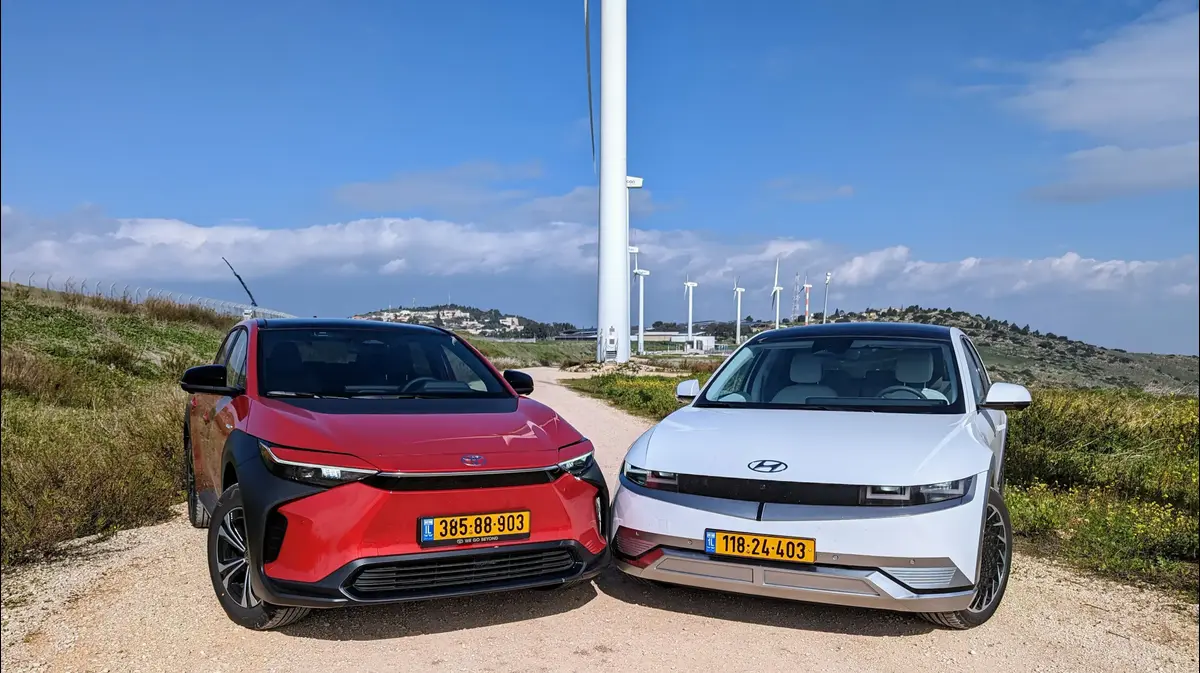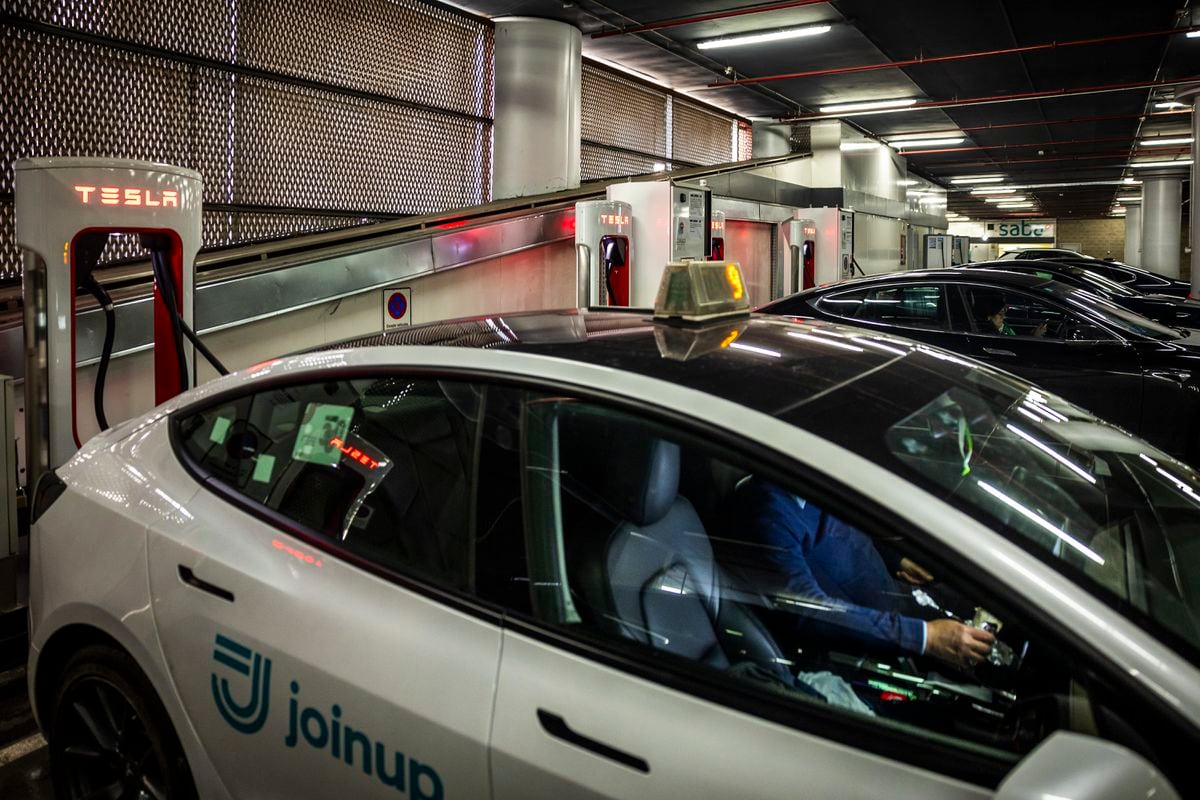Icon: enlarge
Volkswagen's E-Auto ID.3 in the Autostadt Wolfsburg
Photo: Hauke-Christian Dittrich / dpa
The last hopes for the internal combustion engine rest on so-called e-fuels.
Manufactured from water, electricity and CO₂, these synthetic fuels are potentially climate-neutral.
They can also be refueled at the petrol pump like petrol or diesel - a dream for everyone in the automotive industry who makes a living from pistons, spark plugs or camshafts.
But Volkswagen of all people shoots hard against this technology.
"The so-called potential" of synthetic fuels is "generally massively overestimated," the Wolfsburg-based company commented on a planned federal law on renewable energies in transport.
Their production is "complex, costly, not very climate-efficient and with a low degree of efficiency".
The authors of the VW paper consider the idea of producing fuel for cars in this way to be nonsensical.
The statement is available to SPIEGEL.
The words mark a new escalation in a dispute that has divided the industry in Germany for some time.
While the US company Tesla sets the pace with battery cars and Toyota is relying heavily on hydrogen, the industry in Germany is divided as to which technology the future belongs to - and whether a favorite can even be foreseen.
VW relies fully on battery-powered vehicles, while others see good opportunities in the medium to long term for e-fuels or hydrogen.
Many managers rave about e-fuels
The parties involved basically agree on only one point: CO₂ emissions from automobile traffic must be drastically reduced in the coming years, something that is required not least by law.
There has been dissent for years about how the goal should be achieved.
Management boards of automakers and large supplier companies repeatedly speak up who rave about clean hydrogen from renewable energy sources and want to burn e-fuels in combustion engines.
It is said that this makes CO2-neutral mobility possible.
The industry association VDA writes in its statement on the planned federal law that the use of hydrogen and synthetic fuels is possible "in all transport applications".
In addition, the association is calling for higher targets for hydrogen and e-fuels than previously provided for in the draft law.
The "Süddeutsche Zeitung" first reported on the internal documents.
Similar tones have recently been heard from BMW in particular.
Experts criticize the manufacturers' dispute
VW, on the other hand, could hardly have formulated its position more undiplomatically.
But CEO Herbert Diess insists on his point of view.
In spring 2019, the VW Group threatened to leave the VDA because the association lacked a clear stance on electromobility and wanted to keep all doors open in terms of future technology.
But who is right now?
And what does this debate actually bring for the industry?
"First of all, it is not expedient if the VDA and key representatives of the automotive industry disagree," says Stefan Bratzel, director of the Center of Automotive Management in Bergisch Gladbach.
"It would make much more sense to ask yourself what could lead to lower CO2 emissions in the short term in car traffic. In my opinion, you will then come to electromobility," says Bratzel, referring to the battery variant.
Hydrogen remains a topic of the future, especially for heavy goods traffic.
"But the subject of hydrogen cannot be restricted to traffic alone, and certainly not to car traffic," said Bratzel.
"To do this, the entire industry and all sectors must be looked at."
Enormous amounts of electricity required
Battery researcher Maximilian Fichtner, professor at the Helmholtz Institute Ulm and at the Karlsruhe Institute of Technology (KIT), also seems slightly alienated by the debate.
"I would like the same actors, who always preach technology openness, to be equally committed to creating the conditions for these technologies - such as green electricity," says Fichtner, who previously worked in fuel cell development for twelve years .
"I see a discrepancy here, however."
Fichtner also advocates a pragmatic approach, but emphasizes the advantages of battery technology.
"With a battery electric vehicle, around 70 percent of the energy used arrives at the wheel, with a fuel cell car it is a maximum of 20 percent, with a vehicle with an e-fuel drive barely ten percent," says Fichtner.
"The question arises: can we afford it?"
After all, a lot of green electricity is needed to produce the e-fuels.
But that should be scarce in the future, "because our entire industry will be converted to CO2 neutrality in the next few years".
The extent to which the debate is upsetting the industry can be seen in the VW Group itself. While the top management is pushing for the energy to be put into the expansion of battery electromobility first, there are differing opinions in their own country.
This is how Porsche boss Oliver Blume spoke out in favor of synthetic fuels at an automobile congress last week.
At least with the restriction that e-fuels are currently still too expensive and will probably only be so cheap in ten years that they could replace gasoline and diesel.
Icon: The mirror







